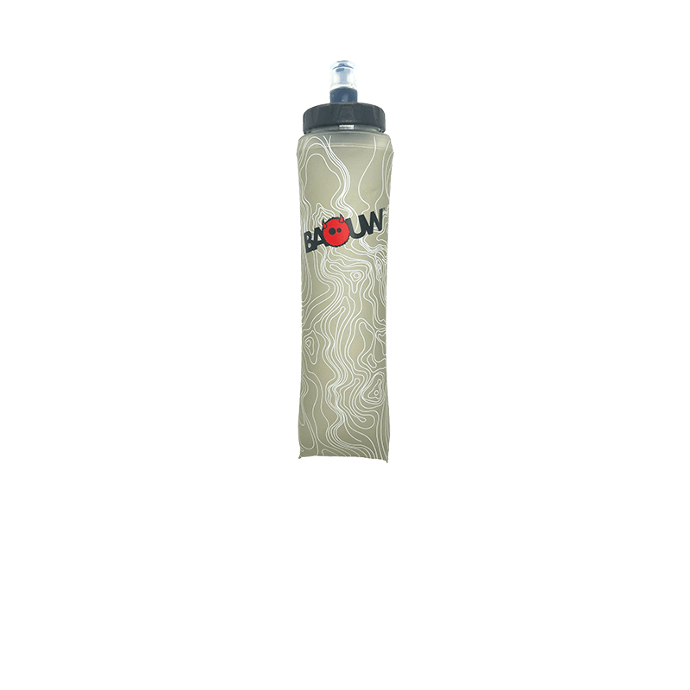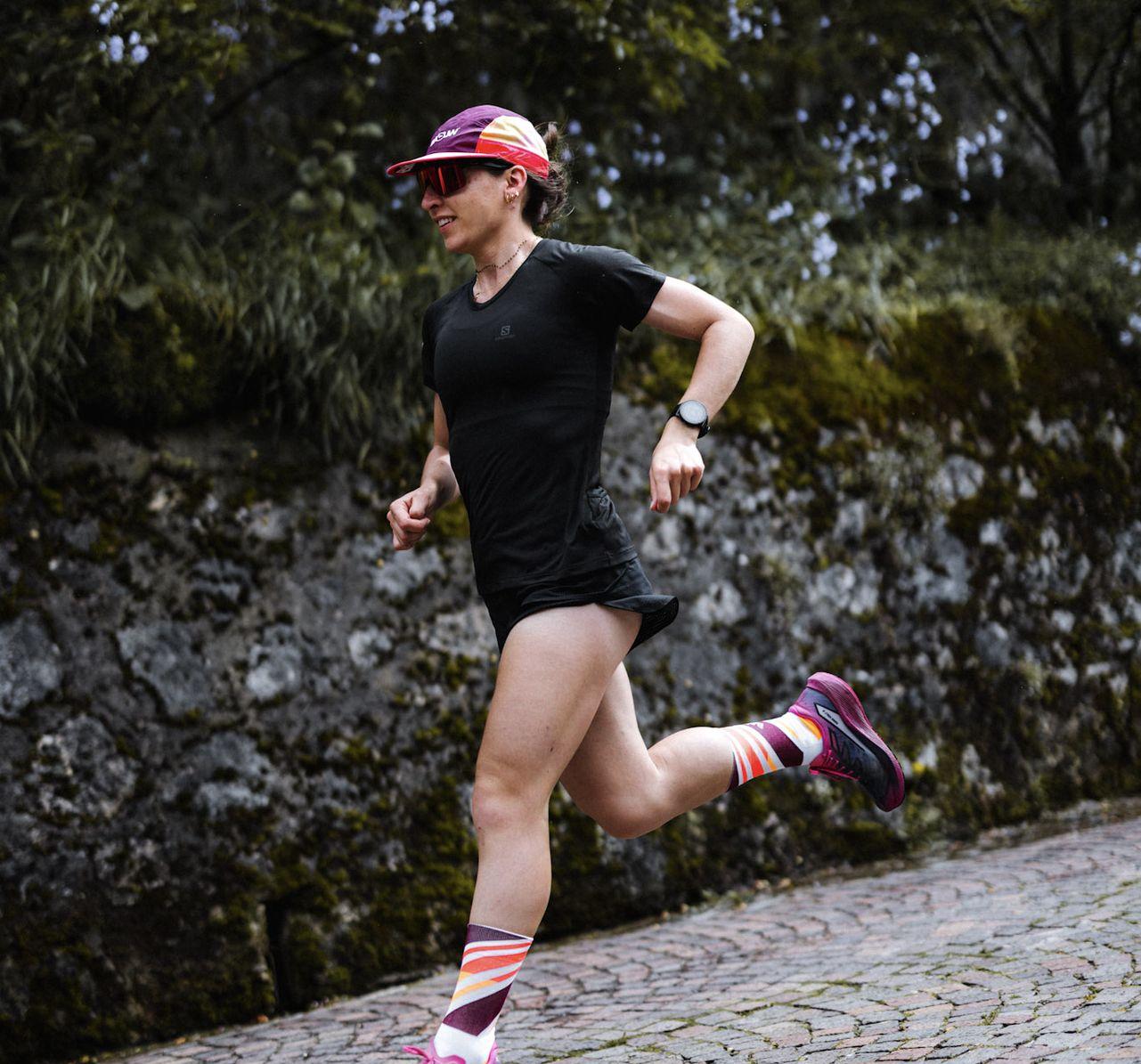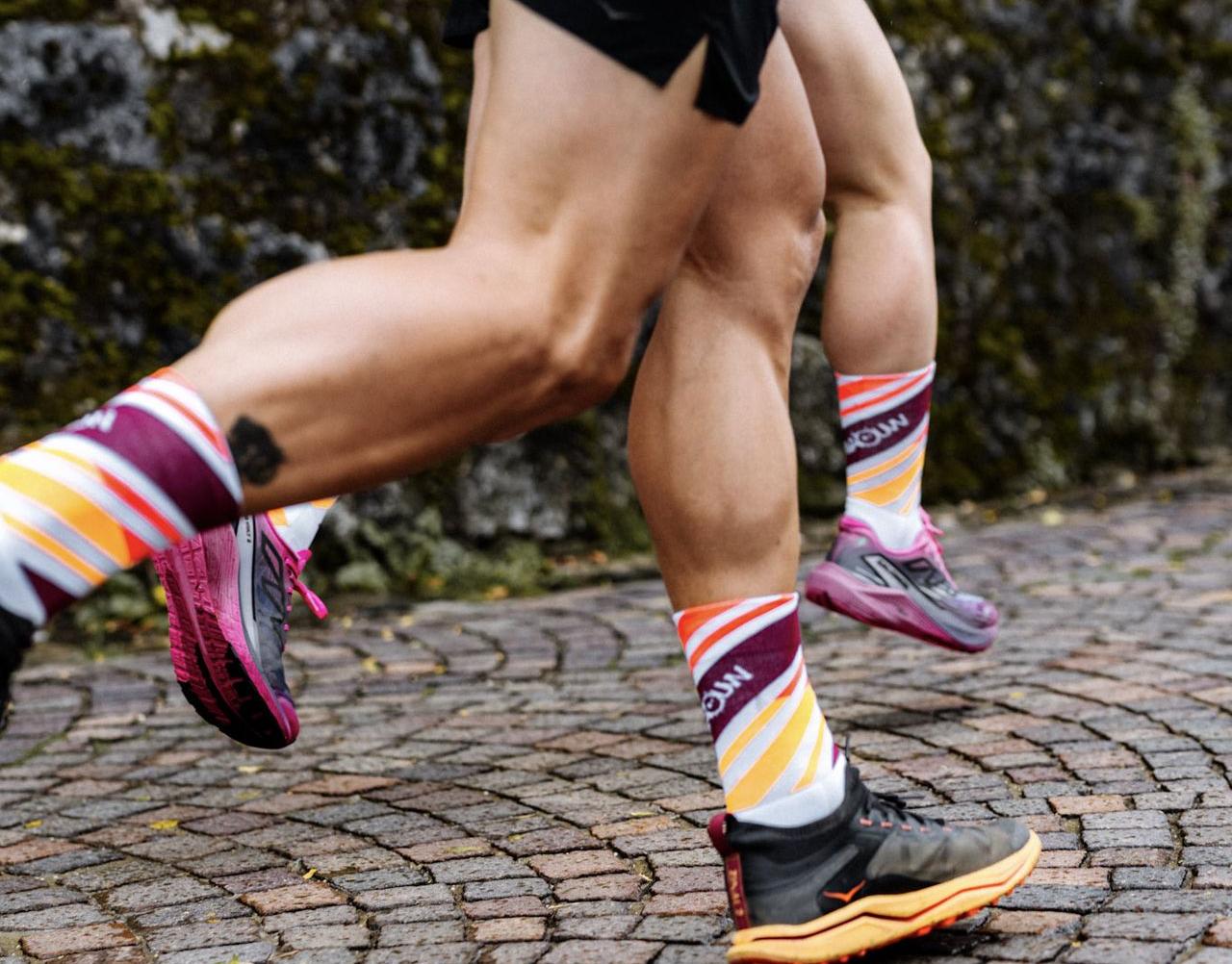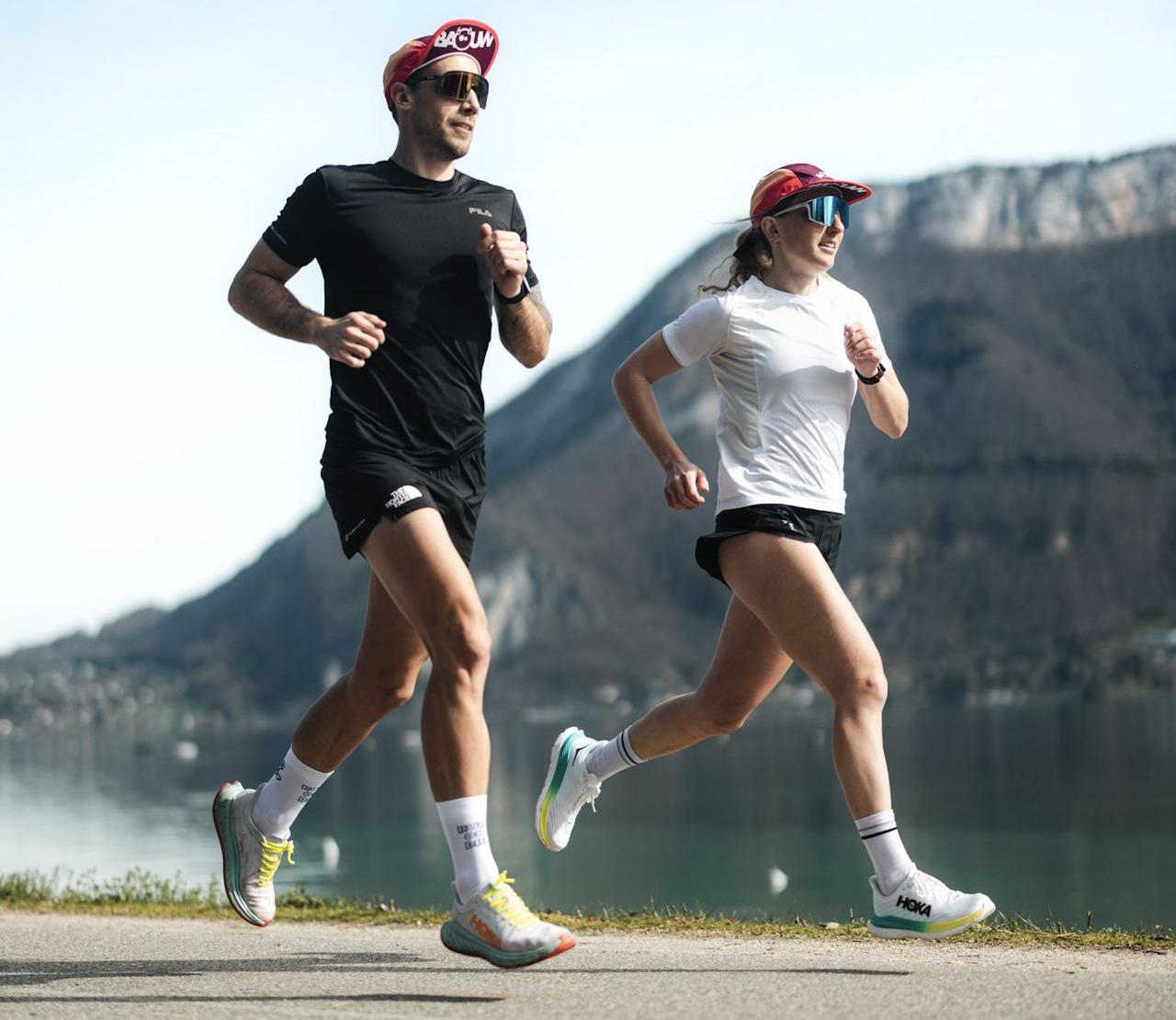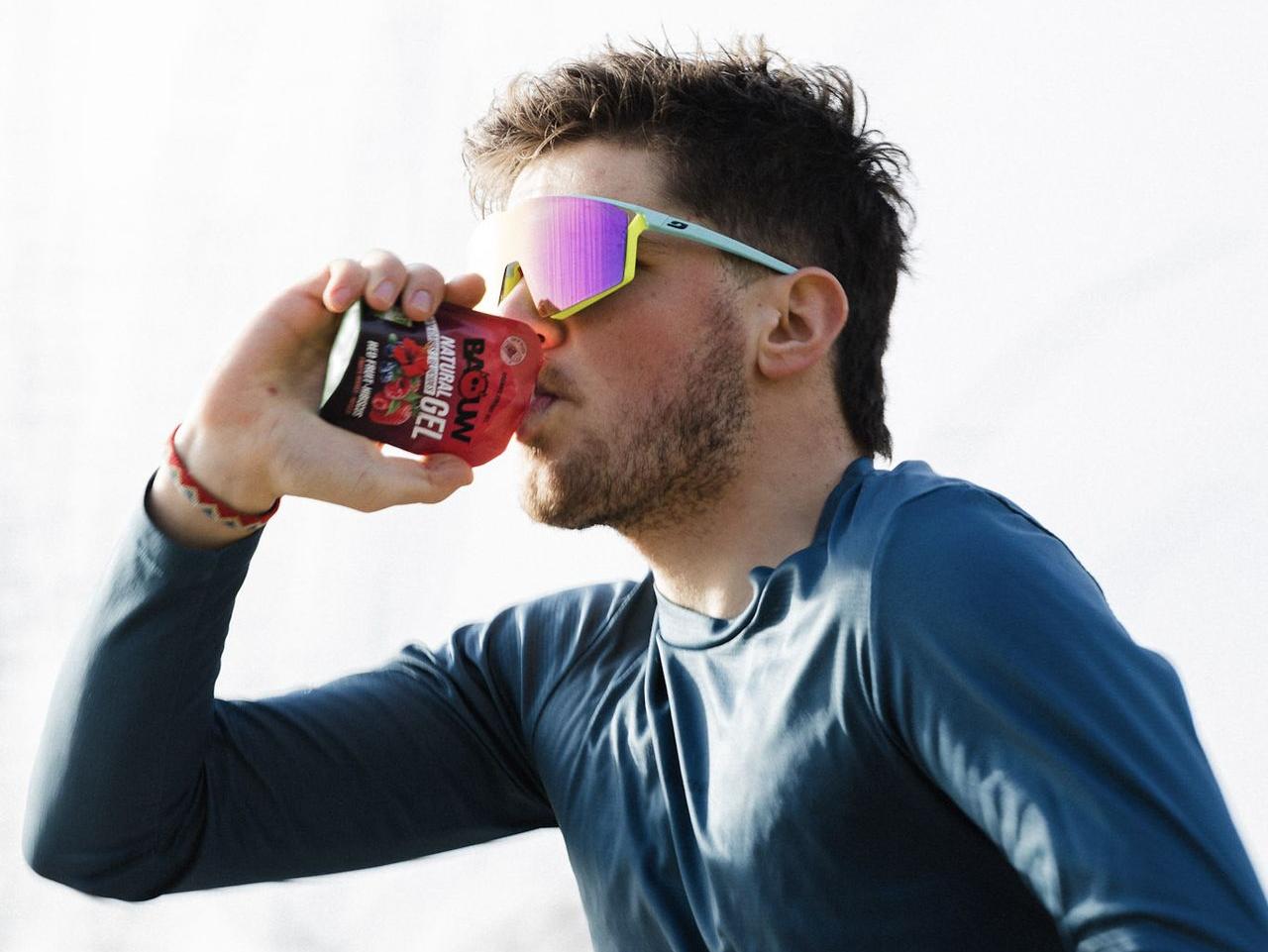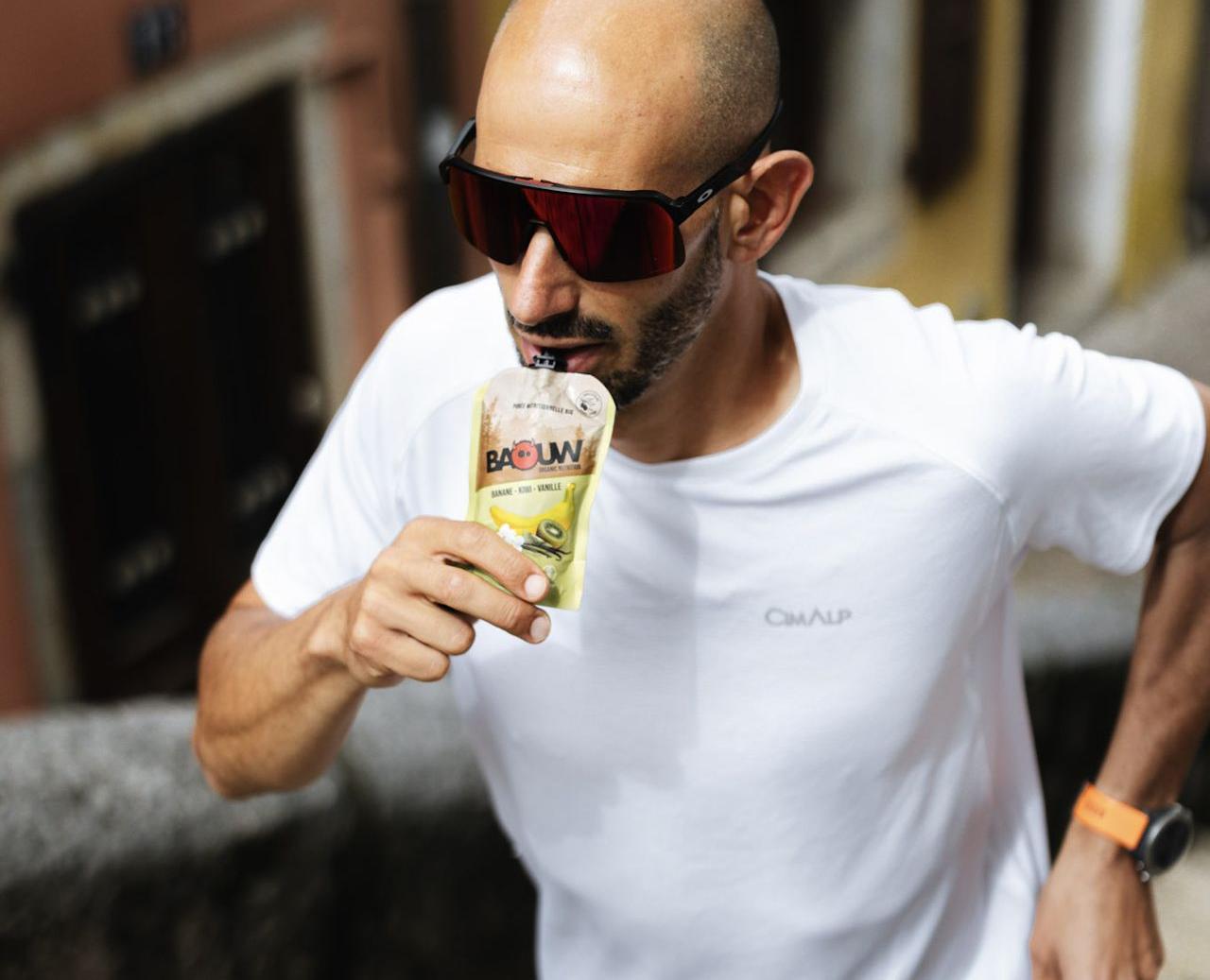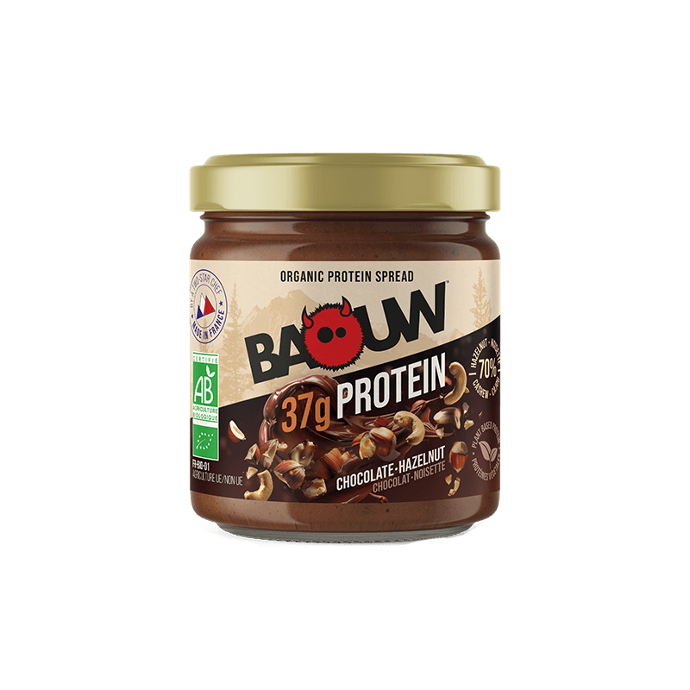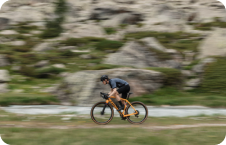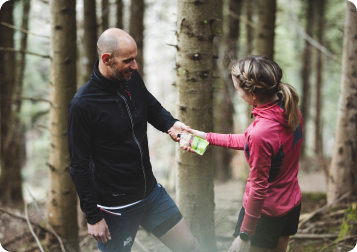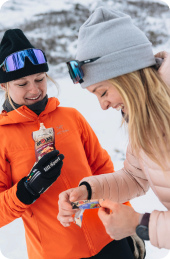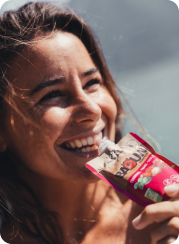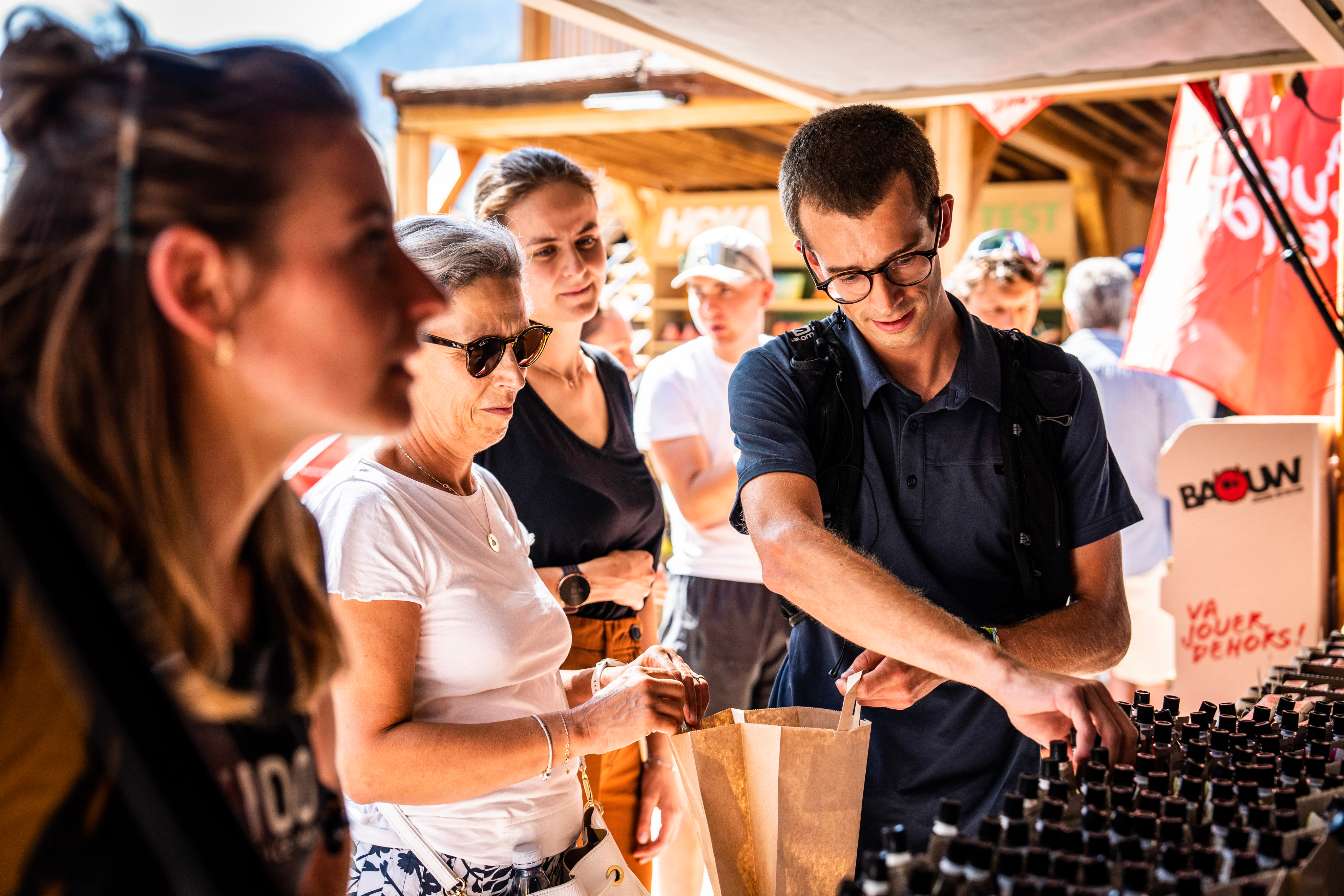Whether you're an amateur runner or an experienced athlete, knowing what diet to adopt when preparing for a 10 km race can make a significant difference. To find out everything you need to know about good eating habits to optimise your performance in a 10 km race, read on!
Understanding the nutritional requirements for a 10 km race
Focus on energy requirements
On average, a 10 km runner burns between 600 and 800 calories, depending on his weight and the intensity of the effort made during the race. Carbohydrates are the main source of energy for this type of effort. So it's essential to understand how to feed your body to maintain optimum energy levels.
Essential macronutrients and their role in a 10 km run
Logically, carbohydrates are essential for 10 km races. They provide the quick energy needed to sustain the effort. Proteins are also required, as they play a key role in muscle repair and post-race recovery. Fats, meanwhile, are the third major contributor: they provide long-lasting energy, but are less required for short, intense efforts like the 10 km.
L'hydratation, clé de voûte de la nutrition sportive
To prevent dehydration, there's no mystery: drink water! Insufficient hydration can seriously affect performance on D-day. Electrolytes, such as sodium and potassium, are also important for maintaining water balance and preventing muscle cramps. What's more, they are involved in muscle contraction but are not produced by the body, which is why they need to be supplied through the diet. When it comes to pure hydration, at Baouw. we tend to recommend Saint-Yorre, which is rich in minerals. If you find it hard to drink carbonated water, no problem: you can add electrolytes to your water bottle.
What diet should I choose before a 10 km race?
The day before the race
The day before the race, the ideal meal is rich in complex carbohydrates, moderate in protein and low in fat. Options such as wholemeal pasta, brown rice, vegetables and a source of lean protein (chicken, tofu) are particularly suitable. This helps to maximise glycogen reserves, the famous carbohydrate-derived energy source, in the muscles. Be careful: choose vegetables with low fibre content to ensure easy digestion, such as carrots, beetroot, tomatoes, courgettes or aubergines. .
Breakfast on race day
On race day, breakfast should be eaten between 3 and 4 hours before the start so that your body is at peak performance for the 10 km.
An example of an ideal breakfast : a bowl of oatmeal mixed with fromage frais, fruit, honey and a handful of nuts. The result is complex carbohydrates, fructose, fat, protein and omega-3s, perfect for preparing your body for the endurance event. If you prefer something lighter, a smoothie made with banana, spinach, almond milk and protein powder could be an excellent alternative. Finally, if you're not a fan of dairy products in the morning, you can opt for a boiled egg, which will provide you with protein before the 10 km. In any case, your pre-race breakfast should be easy to digest..
The pre-10 km snack
About an hour before the race, you can take a light, carbohydrate-rich snack with you to the start line. The best idea? Our are perfect for this. Well, they're called ‘compotes’, but they're more like purees, since they contain no added sugar, preservatives or additives. They'll give you fast carbohydrates without weighing down your stomach, so you'll be off to a great start. Alternatively, you can opt for one of or and keep our purées in your pocket to eat during the race, when you start to find it a little harder to chew because of the effort involved..
Think about your diet during the race!
L'importance des glucides rapides
During a 10 km race, the most important thing is to maintain a high energy level. To do this, you can choose purees, gels: The best way to give yourself a boost of energy and to keep you going. You can also choose from a range of easily digestible bars, i.e. cereal-free, gluten-free and with no added sugar. This will keep you going over the long term and prevent you from going over the edge.
What about hydration?
On the day of the 10 km, before and during the race, it's better to drink small quantities of water over time than to swallow half a liter in one go! A few sips every 15 to 20 minutes will help you avoid dehydration and a clear drop in performance. If the race takes place in hot weather, don't hesitate to use an electrolyte drink to compensate for the mineral salts lost through sweat.
And don't forget that a 10 km race is not the right time to discover new things! Also, always test the foods and drinks you plan to consume during the race during your training sessions: every body reacts differently to different products and diets. Similarly, avoid high-fiber or high-fat foods just before the race to minimize the risk of gastrointestinal upset.
What to eat after a 10 km run
The metabolic window
The metabolic window is the time just after intense exercise when your body is particularly receptive to absorbing nutrients. It extends over a period of around 2 hours after the 10 km. Muscle cells react more strongly to insulin, which is secreted in response to a rise in blood sugar levels, particularly after carbohydrate consumption. Insulin, a pancreatic hormone, lowers blood sugar levels by storing it as glycogen in the muscles and liver.
So, after a run, a snack combining carbohydrates and proteins helps replenish glycogen reserves and kick-start the muscle repair process. Treat yourself to something you really enjoy during those 2 hours: banana, muesli, wholemeal or sourdough bread with peanut butter or protein spreaddried fruit, yoghurt drink, etc. And don't forget to drink plenty of fluids: post-race hydration is also essential.
Things to remember
Optimizing your diet for a 10 km race is a doubly winning strategy, since it aims to improve both performance and recovery. By following these nutritional tips and using suitable products that are as good as they are healthy, you put all the chances on your side to succeed in your race. Don't hesitate to try out these tips during your next sessions on your favorite playing field, and discover our range of sports nutrition products designed by sportsmen and women, for sportsmen and women... and watch the difference in your performance!
©Justin Galant
©Colin Olivero



